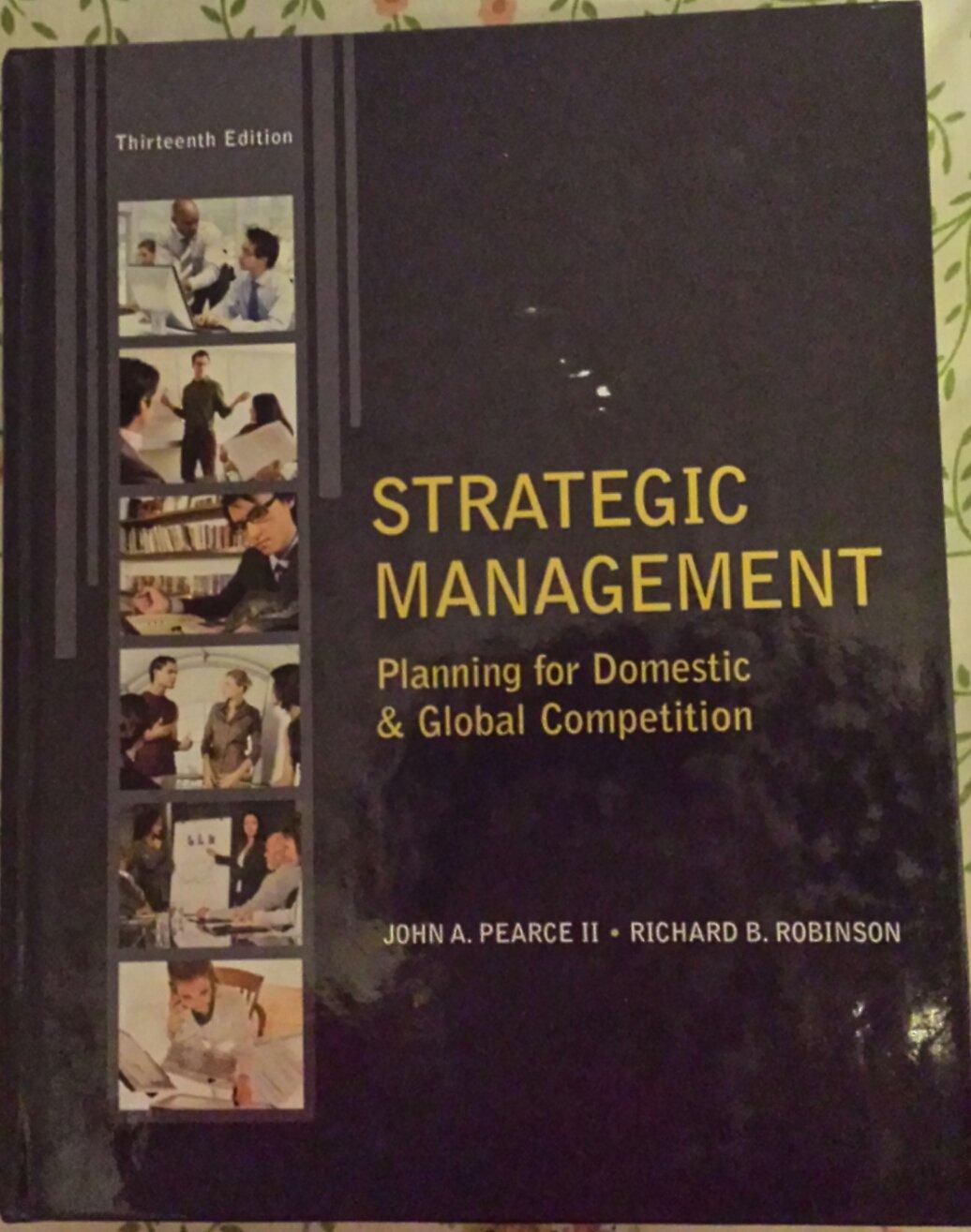Question
Prepare Observation Paper Observation Papers (OP) Instructions: Observation Papers are short papers that relate to the week's topic/concepts. OPs are not reports or research papers.
Prepare Observation Paper
Observation Papers (OP) Instructions: Observation Papers are short papers that relate to the week's topic/concepts. OPs are not reports or research papers. They are not editorials (i.e. opinion), nor are they a summary of the readings. An OP should reflect your observations of the course material in the world around you. The observations could be based on your own personal experiences or those of your friends, or it could be based on something you heard about in the news or something you read about in another class, or in the popular press. Your observations could be used to illustrate points in the weekly readings, or they could critique or extend the arguments given in the readings. Alternatively, you could relate to the week's topic or assigned readings in other ways. I am relatively open regarding the manner in which an OP connects to the topic, as long as you take some aspect of the course material and connect it to your observations outside our classroom. There is no need for the OP to address all aspects of all the readings-focus on whatever interests you. The goal of the paper is to motivate you to think about the week's topic and thus deepen your understanding of it, and depth is more important than breadth. In other words, pick one small aspect of the readings for the week and explore it outside of the classroom. Do not try to pick a complete article or entire chapter, as this is too broad to cover effectively. OPs are limited to two standard pages , not including references. If you discuss your personal experiences, please use pseudonyms when discussing them, regardless of whether what you say is positive or negative. A grade of zero will be assigned to papers that are late, simply summarize the readings, do not clearly demonstrate adequate thought about the topic, or involve material from a previous discussion or week.
Books Reference: 1.KP: Kouzes, J. M., & Posner, B. Z. (2016). Learning leadership: The five fundamentals of becoming and exemplary leader. San Francisco, CA: Wiley. (ISBN: 978-1-119- 14428-1)
2. P: Phillips, D. T. (1992). Lincoln on leadership: Executive strategies for tough times. New York: Warner Books. (ISBN: 978-0-446-39459-8)
Rules: All sources should be properly Cited and Referenced in standard format.
Week-2 Topics: Acting ethically and promoting ethical decision making in organizations
Book references: KP: Fund. 1: Believe You Can (Ch 4 - 6) P: Chapters 4 & 5
Week-2 Supplemental Readings: 1. Trevio, L. K., & Brown, M. E. (2004). Managing to be ethical: Debunking five business ethics myths. Academy of Management Executive, 18, 69-81. doi: 10.5465/ame.2004.13837400
2.Banaji, M. R., Bazerman, M. H., & Chugh, D. (2003). How (un)ethical are you? Harvard Business Review, 81 (12), 56-64.
Rules: All sources should be properly Cited and Referenced in standard format.
Step by Step Solution
There are 3 Steps involved in it
Step: 1

Get Instant Access to Expert-Tailored Solutions
See step-by-step solutions with expert insights and AI powered tools for academic success
Step: 2

Step: 3

Ace Your Homework with AI
Get the answers you need in no time with our AI-driven, step-by-step assistance
Get Started


